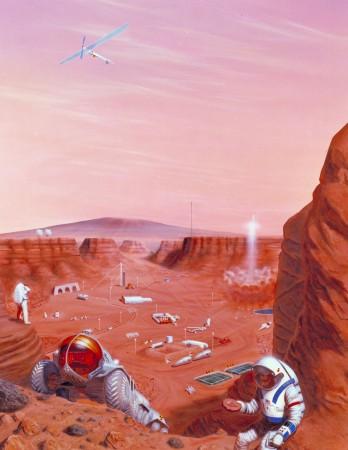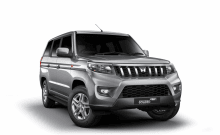
Elon Musk's space-cruising red Tesla car has been making news as a revolutionary step in technology, but scientists have also raised their concern over the Roadster's ability to contaminate the surface of Mars with the large horde of bacteria it carried from Earth.
While NASA wants to avoid contaminating other worlds, it doesn't come without reason. If Earth's bacteria are introduced to the surface of Mars, it could lead to confusion among scientists looking for life on the red planet – as they might mistake these organisms as life that originated there.
This could lead to a probable misinterpretation among humans, regarding their idea of the place they hold in the universe.
Worlds such as Jupiter's moon Europa or Saturn's Enceladus – which have high chances of hosting microbial life – if contaminated by Earth's bacteria, could lead to a possible interaction between the two.
And the devastating consequences that it could result in would be somewhat similar to what happens on Earth when species are introduced into parts of the environment where they did not originally come from or exist.
A new and aggressive species, if introduced to a new ecosystem, might not possess natural predators or any controls. This would lead to them more readily breeding with the pre-existing organisms in the ecosystem, and cause them to spread quicker and even take over an area.
At the same time, the native organisms of the ecosystem might not have the necessary defenses or abilities to compete with species that have no predators.

"The direct threats of invasive species include preying on native species, outcompeting native species for food or other resources, causing or carrying disease, and preventing native species from reproducing or killing a native species' young," explained the National Wildlife Federation explained.
These are the risks being run when microbes from planet Earth get carried to other worlds. NASA's Planetary Protection – initially set up to promote responsible exploration of the solar system – also provided an explanation of why it is completely unadvisable for humans to contaminate other worlds.
"Planetary protection is essential for several important reasons: to preserve our ability to study other worlds as they exist in their natural states; to avoid contamination that would obscure our ability to find life elsewhere - if it exists; and to ensure that we take prudent precautions to protect Earth's biosphere in case it does," the agency said.
Fortunately, as of yet, scientists believe that the chances of Tesla crashing on Mars, or even other planets such as Venus, thus leading to possible contamination, are rather faint. Even though the Roadster will cross Mars' orbit - leading to the notion that it might crash with the red planet, it is not supposed to land on Mars or any other planet.
But the fact that it wasn't sterilized before takeoff still continues to pose a threat, as had been reported earlier. Scientists at Purdue University stated that space is inhospitable because of "extreme temperatures, low pressure and unfiltered cosmic radiation" but it "doesn't always kill them[bacteria]."
Some of these bacteria could go dormant in space's vacuum and later come back to life in more hospitable conditions.

















